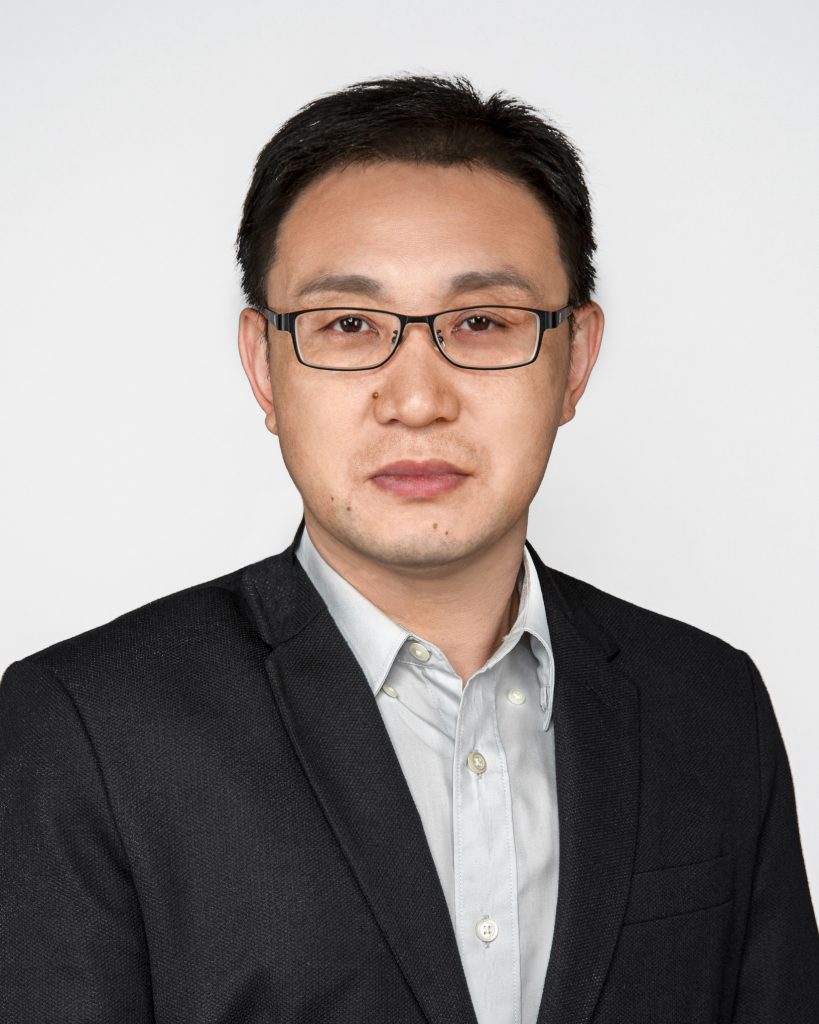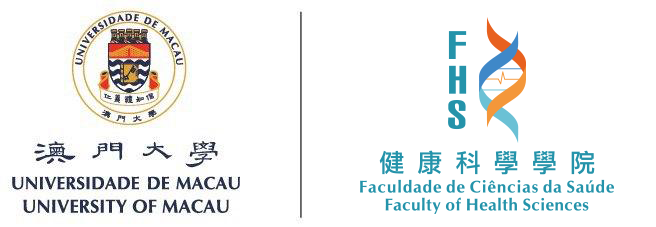Contact Information

Title
Associate Professor
Office
(Address) E12-3022
/ (Phone) +853 8822 4824
Lab
(Address) E12-2069
/ (Phone) +853 8822 9146
Team Office
(Address) E12-3017, 3047
/ (Phone) +853 8822 2736
Email
Consultation Hours
Mon, Thu 16:00 – 17:00
Teaching
Research Team
| Name | Position | Office | Phone | |
|---|---|---|---|---|
| Ziang GUO | PhD Student (Lab Representative) | E12-3017 | yc07621@um.edu.mo | |
| Jiaqi WANG | PhD Student (Lab Representative) | E12-3017 | yc07602@um.edu.mo | |
| Shengyu FU | Research Assistant | E12-3017 | +853 8822 4232 | shengyufu@um.edu.mo |
| Chengbing YAO | PhD Student | yc58608@um.edu.mo | ||
| Qiushi LI | PhD Student | yc58617@um.edu.mo | ||
| Taoyuan JIA | PhD Student | yc57664@um.edu.mo | ||
| Zhenchun WU | PhD Student | yc57673@um.edu.mo | ||
| Yu LIU | PhD Student | |||
| Guanyu ZHOU | PhD Student | E12-3017 | ||
| Yingjun PENG | PhD Student | E12-3017 | ||
| Yue WANG | PhD Student | |||
| Guanda JIAO | PhD Student | E12-3017 | ||
| Yuheng GU | PhD Student | E12-3017 | ||
| Gen ZHANG | PhD Student | |||
| Yixuan CHEN | PhD Student | |||
| Guangyu ZHOU | PhD Student | |||
| Xue LI | PhD Student | |||
| Weiqi LU | PhD Student | |||
| Yang LIU | PhD Student | E12-3017 | +853 8822 4232 | |
| Ze CHEN | PhD Student | |||
| Jialin LI | PhD Student | |||
| Zhizhuo WANG | PhD Student | |||
| Xing FAN | PhD Student |
| Education | |
| PhD | Department of Biochemistry, The Chinese University of Hong Kong |
| MSc | College of Life Sciences, Jilin University |
| BSc | College of Life Sciences, Jilin University |
| Position | |
| 2021 – Present | Associate Professor, Faculty of Health Sciences, University of Macau |
| 2016 – 2021 | Assistant Professor, Faculty of Health Sciences, University of Macau |
| 2013 – 2016 | Principle Investigator, Shenzhen Institutes of Advanced Technology, Chinese Academy of Sciences |
| 2011 – 2013 | Research Associate, Memorial Sloan-Kettering Cancer Center |
| 2008 – 2011 | Postdoctoral Fellow, National Cancer Institute, NIH |
| Research Interests |
| Our group is interested in the development of antibody-based therapeutics for cancer. The research focuses on engineering of monoclonal antibodies, bispecific antibodies, or chimeric antigen receptors (CARs), the delivery of drugs via the nanoparticles. We are identifying novel human monoclonal antibodies from antibody phage libraries. Monoclonal antibodies are designed to destroy tumor cells by utilizing mechanisms of antibody-dependent cellular cytotoxicity (ADCC) or antibody-drug conjugation (ADC). By using these antibodies as vehicles, bispecific antibodies directed at tumor antigens and human CD3 can engage T cells to lyse tumors. Additionally, all of these antibodies can be reshaped to build CAR to redirect T cells. Meanwhile, based on various antibody and immune cell formats, nanoparticle drug delivery systems are built for the targeted delivery and controlled release of therapeutic agents.
Areas of Expertise: (1) Antibody-based therapeutics; (2) Immune cell therapy; (3) Antibody display systems; (4) Nanomedicine |
| Representative Publications |
|
| Full Publications List |
| Research Grants |
|
| 2020 – 2024 | National Key R&D Program of China (2019YFA0904400): Directed evolution and function characterization of synthetic immune molecules with high throughput |
| 2020 – 2021 | Multi-Year Research Grant – University of Macau (MYRG2019-00069-FHS): Targeting B7-H3 with awakened natural killer cells for therapy of non-small-cell lung cancer |
| 2018 – 2021 | The international cooperation project of Guangzhou Government (201807010004), Development of targeting PD-1 enhanced WT1-specific T cell therapies in leukemias |
| 2018 – 2021 | The Science and Technology Development Fund of Macau (FDCT/0015/2018/A1), Development of potent TCR-minic CAR T cells with multiplex genome editing |
| 2017 – 2020 | The Science and Technology Development Fund of Macau (FDCT/131/2016/A3), Multi-targeting therapy of T-cell receptor-mimic antibodies recognizing tumor-specific class I MHC-peptide epitopes |
| 2016 – 2018 | International Cooperation Project of Guangdong Province: Studies of insulin-like growth factors as new targets in cancer therapy |
| 2015 – 2018 | Natural Science Fund of Guangdong: Novel anti-IGF bispecific antibodies for therapy of breast cancer |
| 2015 | National Science Fund of China (31440041), In vitro directed evolution of germline T-cell receptor mimic antibodies for T cell therapy |
| 2014 – 2015 | Novo Nordisk- CAS jointed research fund (NNCAS-2013-9), Novel bispecific antibodies for the treatment of autoimmune diseases |
| Patents |
|
| Awards |
|
| 2024 | FHS Best Teacher Award (Eminence in Research), University of Macau |
| 2023 | FHS Incentive Scheme for Outstanding Academic Staff, University of Macau |
| 2022 | FHS Best Paper Award, University of Macau |
| 2011 | Federal Technology Transfer Award, NIH |
| Others |
Conference Presentations
Teaching of undergraduate students
|

